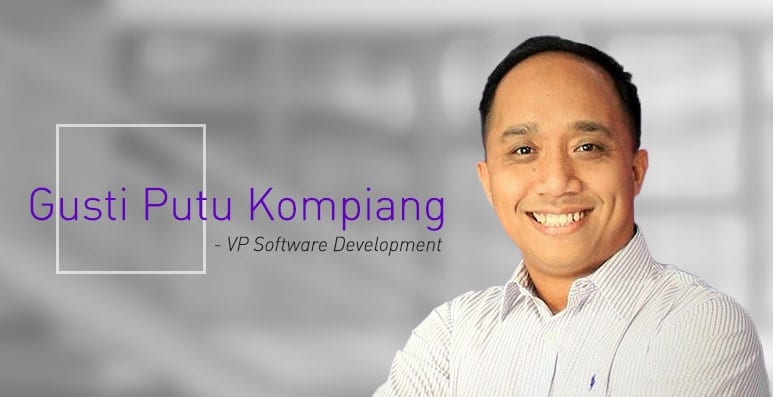
Welcome to the 2019 3rd Quarter Mitrais newsletter!
In this edition we would like to introduce one of our clients, Cider House. Cider House Information and Communication Technologies is a perfect example of a family-owned business that has evolved strong industry knowledge and expertise into a successfully long-term business that is an industry leader in their field. Mitrais is proud to be involved in the development of Cider House’s new mobile platform.
Next, we want to take you to have a closer look at 2 strategies commonly described as a Commercial Off-The-Shelf (COTS) and Custom (or Bespoke) Software Development. Find the full article of Buy or Build and we will give you our insights on both strategies.
Lastly, we would like to introduce Bayu Cahyadi, one of our excellent Project Managers and our Featured Employee for this quarter. Find out more about his lifelong fascination with IT that helps in forging his career in Mitrais.
